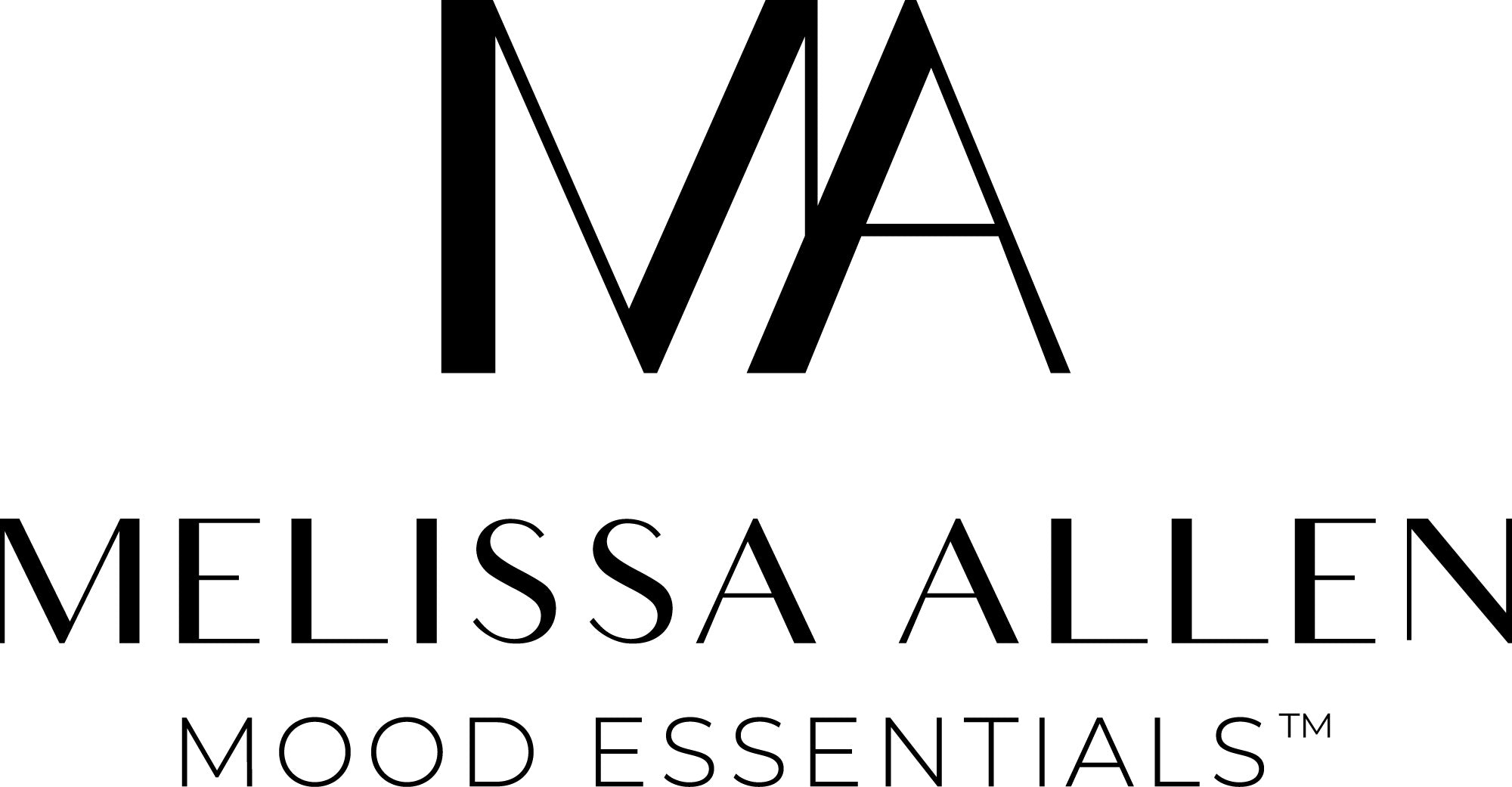One of my most favourite topic’s is Self-Care and how the small actions we take daily can support our state of well-being.
Self-care has also been described as “self-love”, the compassionate things we do that “fill our cup” when life takes a toll.
So, while for some it might look like a bubble bath using Melissa Allen’s beautifully created Calm Hand & Bodywash to unwind after being on your feet all day, or booking a week away at a wellness retreat, for others it may be talking to a friend when you are lonely, taking a walk in nature or reading a self-help book. Ultimately the action provides us with an avenue to reduce the stress in our bodies and minds (the fight/flight responses that speed up our heart rate) and return us to a calmer state of being.
So why self-care? As mentioned, it helps to minimise the daily stresses we all experience with everyday living – they could be from working, raising children, balancing our finances, dealing with aging parents and more. If we don’t support ourselves, the levels of stress in our body can start to accumulate and become chronic (ongoing). Chronic/prolonged stress affects our well-being, and we can start to experience symptoms of irritability, resentment, sleeplessness, exhaustion and more. We can also start to make poor choices in our lifestyle (food/diet, avoiding regular exercise) and eventually the body starts to accumulate inflammation which can cause disease and more.
So now that we understand self-care and its importance to helping us live optimally, consider the difference between a self-care action and a ‘coping skill’. A coping skill is a quick fix to deal with a stress trigger – it’s drinking a glass of wine (or more) when you’ve had a difficult day, it’s binge watching Netflix when you don’t want to think about your finances, it’s something that often depletes your stressed mind/body/spirit further.
Self-care addresses balance in our body. It is supportive and kind. It is nurturing and re-building.
And while each of us has our own triggers/stresses, we could all benefit by having some self-care actions in each of the key areas in our life.
1. Determine what your current self-care practices are and write out at least 1-2 actions you could take to support each of the key areas in your life (see below)
2. Make your self-care actions your healthy habits ongoing. Include in your day/week ongoing (even when no stresses are present). For example: could you start your day with journalling and end with meditation. Could you include a walk in nature at lunch or swap the second coffee for a herbal tea to support sleep? Could you practice positive affirmations while brushing your teeth? Could you listen to music while cooking the family dinner over having a glass of wine? Could you spray some Melissa Allen’s mood-boosting fragrance and body mist Confidence next time you find yourself thinking negative thoughts and could use a little support?
3. If you are struggling with your self-care – what do you need to overcome the obstacles. For example: if you want to meditate could downloading an App (such as Insight Timer) help? Or attending a community mediation group? Could a professional (psychologist/coach/financial advisor/ work HR team) better support/guide you if needing to address specific areas that are of concern and your current approaches are not enough. If money/time is limited would a home yoga practice be more achievable then visiting a studio?
Key Sectors for Self-Care activities:
· Physical self-care (how do you support your body – exercise, diet, sleep)
· Psychological self-care (what are you doing to support your mind? Do you journal/reflect and can you say “No” to others when needed)
· Emotional self-care (do you praise/affirm yourself, spend time with people whosupport you, enjoy comforting activities etc)
· Spiritual self-care (do you enjoy time in nature, reflect/meditate, embrace inspiration)
· Professional self-care (do you work in a comfortable space, have healthy work boundaries, take regular breaks/holidays)
· Other eg:
o Financial (do you feel in control of your finances and know where your money is going)
o Socially (are you engaged with others and do you enjoy these connections with healthy boundaries etc)
Self-care is loving yourself, listening to your body and nourishing your soul. It is being compassionate and kind to yourself so you can better enjoy your life and all those in it.
Enjoy your practices.
Simone x

Instagram https://www.instagram.com/your.yogalifestyle/
Website: https://www.youryogalifestyle.com.au/
Simone is passionate about wellness and wellbeing. She is a certified (and practicing) Holistic Wellness Coach, teaches yoga and aqua fitness, and is a PR professional, providing consulting expertise to select wellness clients. She has also recently hosted a Self-Care Weekend at Billabong Retreat.
Simone started her own yoga journey 20 years ago as a way to practice self-care, and gained her teacher qualifications in 2018. Her classes are designed to provide a safe environment to nurture the self while building strength and gaining greater clarity to feel renewed and empowered for the road ahead.
Simone lives on the northern beaches with her blended family and meditates and journals daily, loves podcasts and ocean swimming, and is forever grateful for her opportunities. She’s also a recent fan of Melissa Allen’s lifestyle functional, purposeful and self-care range of body washes, and body mists.



